To provide the best experiences, we use technologies like cookies to store and/or access device information. Consenting to these technologies will allow us to process data such as browsing behaviour or unique IDs on this site. Not consenting or withdrawing consent, may adversely affect certain features and functions.
The technical storage or access is strictly necessary for the legitimate purpose of enabling the use of a specific service explicitly requested by the subscriber or user, or for the sole purpose of carrying out the transmission of a communication over an electronic communications network.
The technical storage or access is necessary for the legitimate purpose of storing preferences that are not requested by the subscriber or user.
The technical storage or access that is used exclusively for statistical purposes.
The technical storage or access that is used exclusively for anonymous statistical purposes. Without a subpoena, voluntary compliance on the part of your Internet Service Provider, or additional records from a third party, information stored or retrieved for this purpose alone cannot usually be used to identify you.
The technical storage or access is required to create user profiles to send advertising, or to track the user on a website or across several websites for similar marketing purposes.
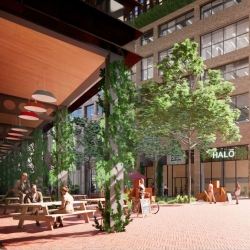 The UK Green Building Council (UKGBC) has published new guidance, Unlocking the Delivery of Net Zero Carbon Buildings, which examines how current barriers to the delivery of net zero carbon buildings can be overcome. (more…)
The UK Green Building Council (UKGBC) has published new guidance, Unlocking the Delivery of Net Zero Carbon Buildings, which examines how current barriers to the delivery of net zero carbon buildings can be overcome. (more…)








 A new scheme for rating the operational energy efficiency of UK offices, NABERS UK, has been launched.
A new scheme for rating the operational energy efficiency of UK offices, NABERS UK, has been launched. 
 The
The 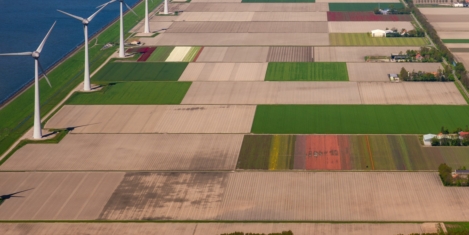
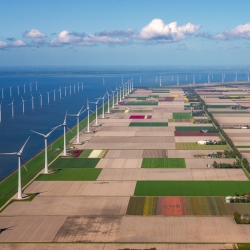 Research conducted by
Research conducted by 
 A new white paper claims that while supplier codes of conduct are important, they are ineffective if their requirements are not met with actions to bring about transparency. To be effective, codes of conduct should support an authentic determination to embed company values and to foster strong business relationships that encourage honest communication and transparency that include monitoring the effectiveness.
A new white paper claims that while supplier codes of conduct are important, they are ineffective if their requirements are not met with actions to bring about transparency. To be effective, codes of conduct should support an authentic determination to embed company values and to foster strong business relationships that encourage honest communication and transparency that include monitoring the effectiveness. 
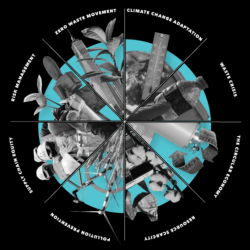
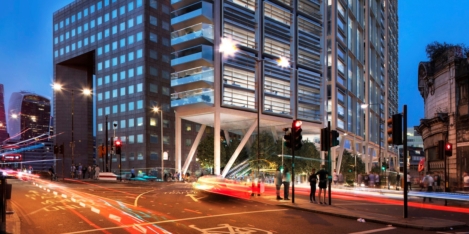
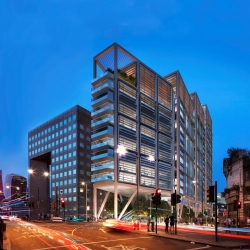 Climate change has accelerated the urgency to address the way people live and work. With the UK’s aim to become carbon neutral by 2050,
Climate change has accelerated the urgency to address the way people live and work. With the UK’s aim to become carbon neutral by 2050, 
 The construction sector, the real estate industry and city planners must give high priority to the same goal – to drastically reduce their climate impacts. Powerful, combined efforts across all of the built environment sectors are absolutely crucial for the potential to achieve the UN’s sustainability goals. And what’s more – everything has to happen very quickly. These are the cornerstones to a roadmap presented at the recent
The construction sector, the real estate industry and city planners must give high priority to the same goal – to drastically reduce their climate impacts. Powerful, combined efforts across all of the built environment sectors are absolutely crucial for the potential to achieve the UN’s sustainability goals. And what’s more – everything has to happen very quickly. These are the cornerstones to a roadmap presented at the recent 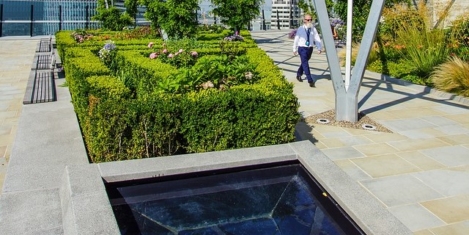
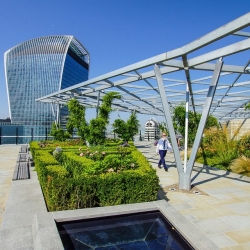 Nearly half of respondents in a global survey reported stronger occupier and investor demand for commercial properties with green building certificates. This translates into higher rents according to the
Nearly half of respondents in a global survey reported stronger occupier and investor demand for commercial properties with green building certificates. This translates into higher rents according to the 
 After a multi-year global consultation, the World Green Building Council (
After a multi-year global consultation, the World Green Building Council (
 A new report, released by workplace design consultancy,
A new report, released by workplace design consultancy, 







